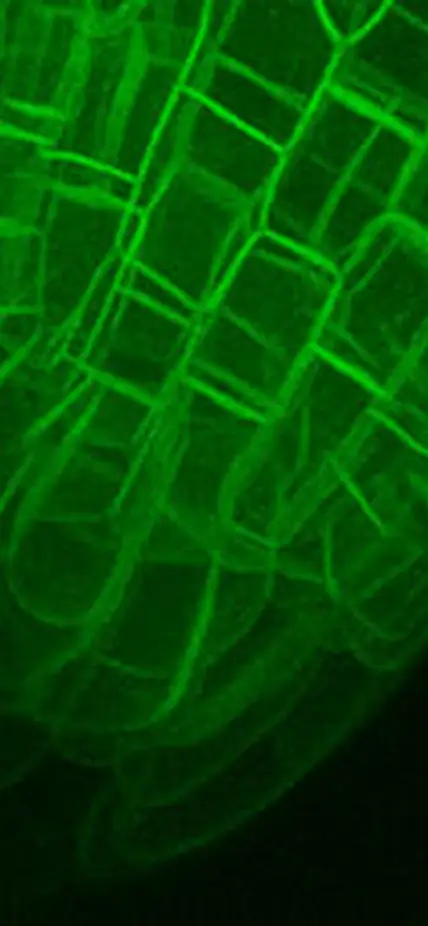Palo Alto, CA— In many ways, plants form the cornerstone of our society. They are key to the health of many ecosystems, underpin our entire food chain, provide us with fuel and medicine, and mitigate the effects of carbon pollution in our atmosphere. Despite this, there is still so much about the basic biology of plants that is not understood.
This is why Carnegie’s Sue Rhee and Selena Rice, along with colleagues from Carnegie and 30 more institutions, are heading up the Plant Cell Atlas project. The initiative brought together more than 800 experts to develop a community resource that will comprehensively describe plant cell types, the molecules they manufacture, and the biochemistry that happens in them.
“One of the most crucial aspects of promoting the importance of plant science is recruiting young people and early career researchers to the field,” Rhee said.
So, The Plant Cell Atlas partnered with Futurum Careers to create an educational brochure for high school-aged students, which highlights its efforts and the importance of plant science to our society.
Futurum Careers translates academic research into accessible print and online content that introduces 14- to 19-year-old students to breakthrough work in math and science, medicine and engineering, the social sciences and humanities, and the arts.
The Plant Cell Atlas piece gives an overview of the project’s genesis, explains its interdisciplinary approach, primary avenues of investigation—unspecialized cells in the roots and shoots that are key for plant development and the localization of proteins in plant cells—and goals for community development. It also includes short Q&As with Rhee and Rice, tips for pursuing a plant science career, and suggested activities for additional learning.
“The Plant Cell Atlas is committed to inclusivity and to increasing the diversity of our scientific disciplines,” Rice said. “Showing high school students that plant science is crucial to their world and accessible to them is an important part of our mission.”
